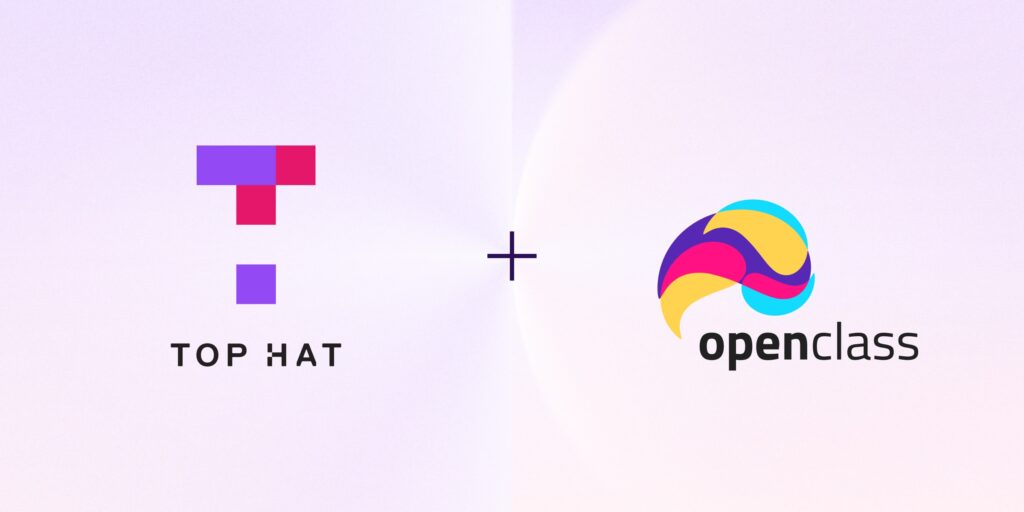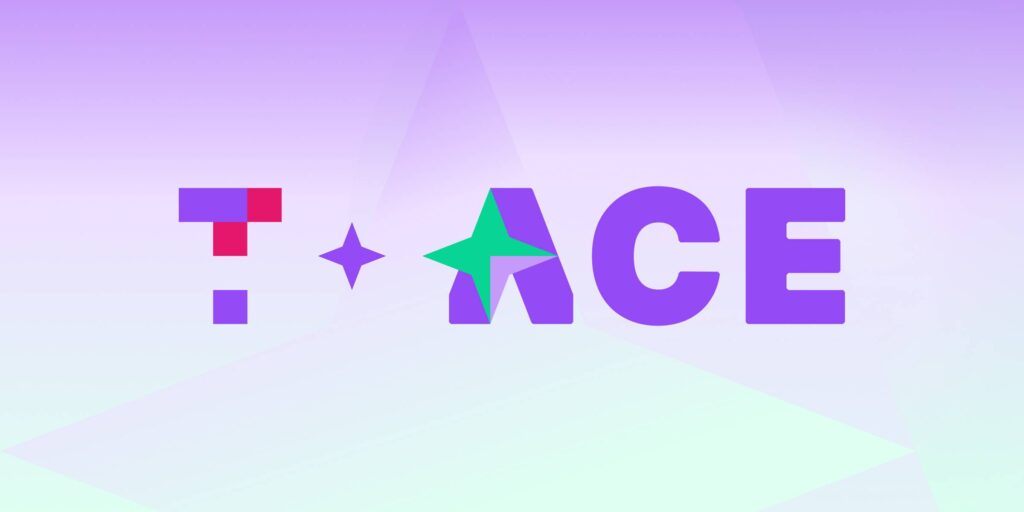Top Hat Engage 2020 will feature four keynotes led by innovators and top industry professionals in the higher ed and educational technology space. This profile is part of our recurring series where our speakers define “Teaching with Insight”—the theme of Engage 2020—and what this has meant in their classrooms.
Christopher Emdin has always been suspicious of binaries. It may sound surprising, but as a student, he found the world made the most sense when he blended his deep personal involvement with the hip-hop music community with his academic interests in science and mathematics. Emdin’s ability to mesh these two passions made him the go-to tutor for peers who were struggling to grasp complex chemical equations and quadratic functions. He found he had a knack for using cultural references and analogies to provide clarity and relevance to others. These early insights inspired him to change tacts and pursue education as a career.
“Once you decide to be a scientist and then you decide to pursue teaching as a career, you kind of close the chapter on your previous life,” Emdin said. “But I started discovering that my previous life’s work in hip-hop actually prepared me to be an educator, to be a thinker, and to be a scientist, because when I was drawing from my own life experience, I was finding an immense amount of success.”
Cultural Context in the Classroom
Emdin was quick to appreciate that relating classroom learning objectives to his students’ interests was an important part of his success as an educator. After finishing college, he taught middle school and high school science and math courses in New York City. He subsequently pursued his Doctorate in urban education, with a focus on science, math, and technology from the City University of New York. His love of teaching others has remained a constant throughout the journey. “There is nothing more magical to me than when the look of confusion and fear on someone’s face gets translated into a look of joy when they finally get it,” Emdin says.
In order for students to internalize information in a meaningful way, he believes educators have to engage both hearts and minds. Hip Hop, which emphasizes performance and musicality, can be powerful catalyst for activating metacognition—the awareness and understanding of one’s own thought processes—allowing students to unpack complex concepts in ways that are far more impactful than simply reading a textbook.
This method, which Emdin formalized under his #HipHopEd movement, is especially effective because it’s connected to a cultural context that resonates deeply with much of today’s youth. The packaging is certainly fresh, but Emdin is more than happy to acknowledge that the underlying approach is not new.
“What we found is that this is just a contemporary iteration of a bunch of age-old concepts and constructs around how students learn best, which is when it is through a medium that they personally connect with,” Emdin says. “And I think it’s gaining popularity because hip-hop is the most popular genre in the universe.”
Emdin has clearly tapped into an unmet need. Over the past six years there’s been a surge in interest as urban educators across the country have begun embracing the #HipHopEd movement in their classrooms.
Instilling a Love of Learning
One of the best ways to ensure classroom content and pedagogies remain current is through student feedback. What’s working? Where did students zone out? How can things be improved? In Emdin’s mind, the best educators are themselves the best students. They view every phase of the learning process as a chance to iterate and improve.
“We always vet our ideas with real people in real time. People say to me all the time, ‘you’re older now, but hip-hop is youth culture,’” Emdin says. “Chronologically, I might increase in age, but I’ll never get old because my ideas are always being vetted by young people. And they’re always honest with me with what works for them and what doesn’t.”
The core of an educator’s role is to understand the differences present in their classroom and use these to make learning more engaging and more meaningful. Emdin gets this. He understands that the best learning occurs when it relates to the individual’s personal experiences and interests. Doing this well is about more than improving graduation rates. It’s about lighting the spark that turns students into lifelong learners.
“The classroom is simply a mechanism to allow you to have your interests so developed, that you want to study more on your own,” Emdin says. “The classroom is just the beginning. The goal of the educator is to ensure that the beginning is done well, so you can just finish the journey on your own.”
Dr. Christopher Emdin is an Associate Professor in the Department of Mathematics, Science and Technology at Teachers College, Columbia University; where he also serves as Director of the Science Education program and Associate Director of the Institute for Urban and Minority Education. Dr. Emdin holds a PhD in Urban Education with a concentration in Mathematics, Science, and Technology; Masters degrees in both Natural Sciences and Education Administration, and Bachelors degrees in Physical Anthropology, Biology, and Chemistry. He is the creator of the #HipHopEd social media movement, and a much sought-after public speaker on a number of topics that include hip-hop education, STEM education, politics, race, class, diversity, and youth empowerment.


